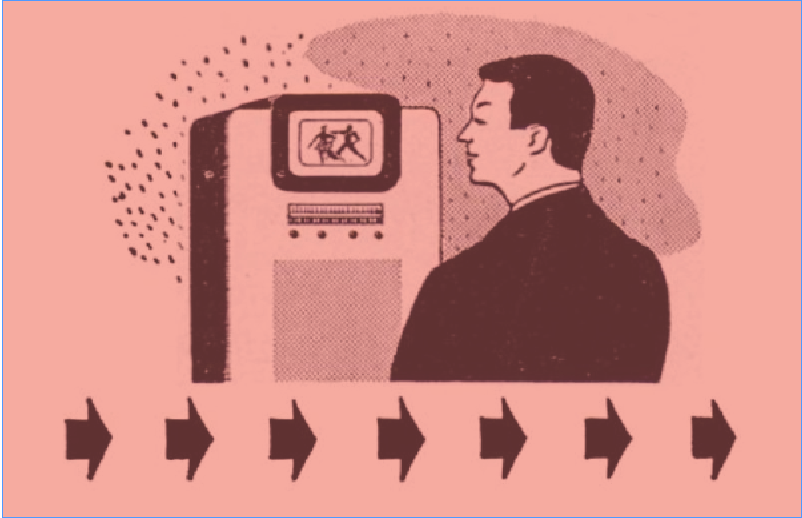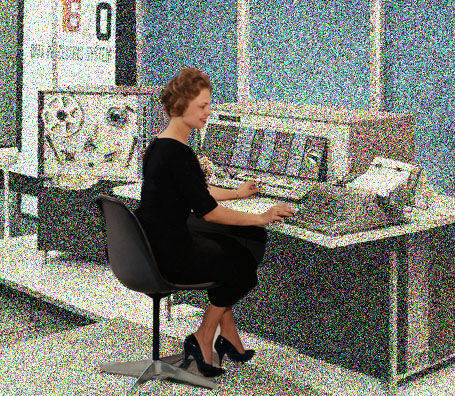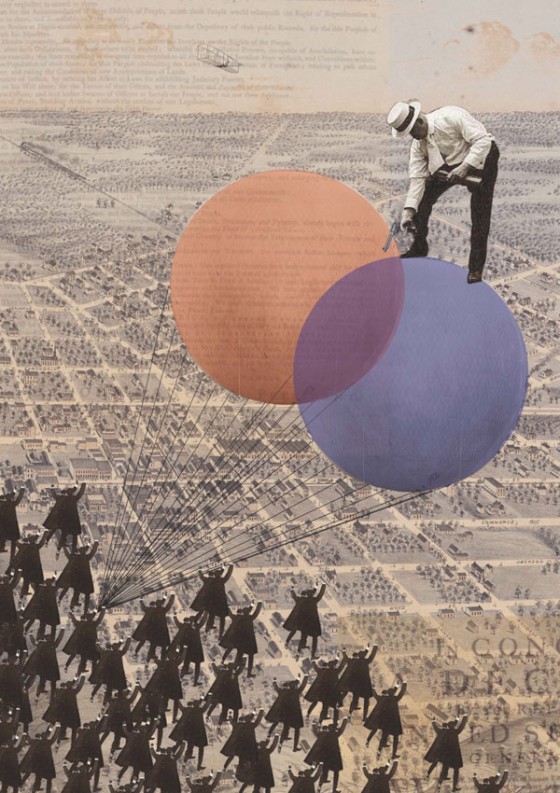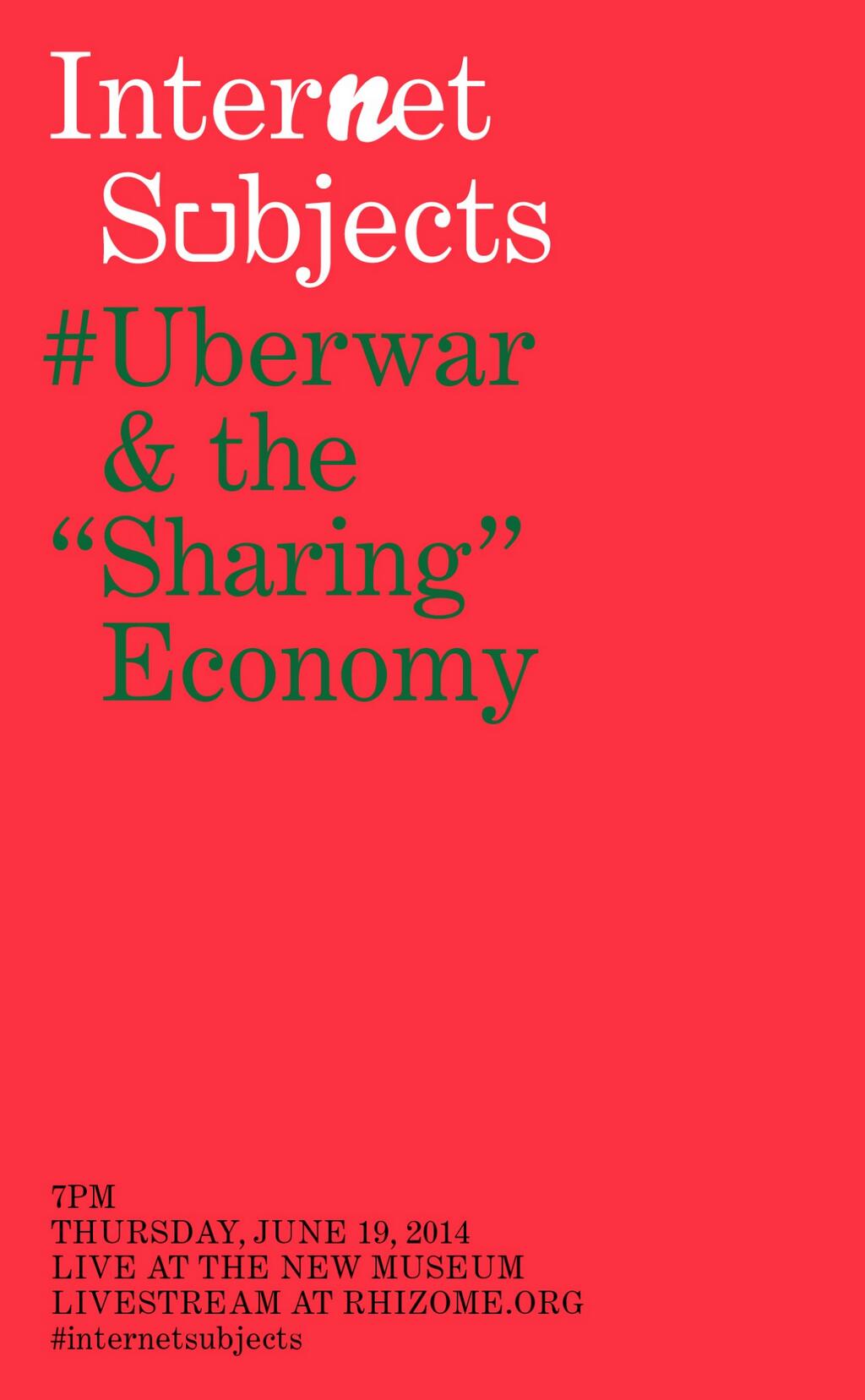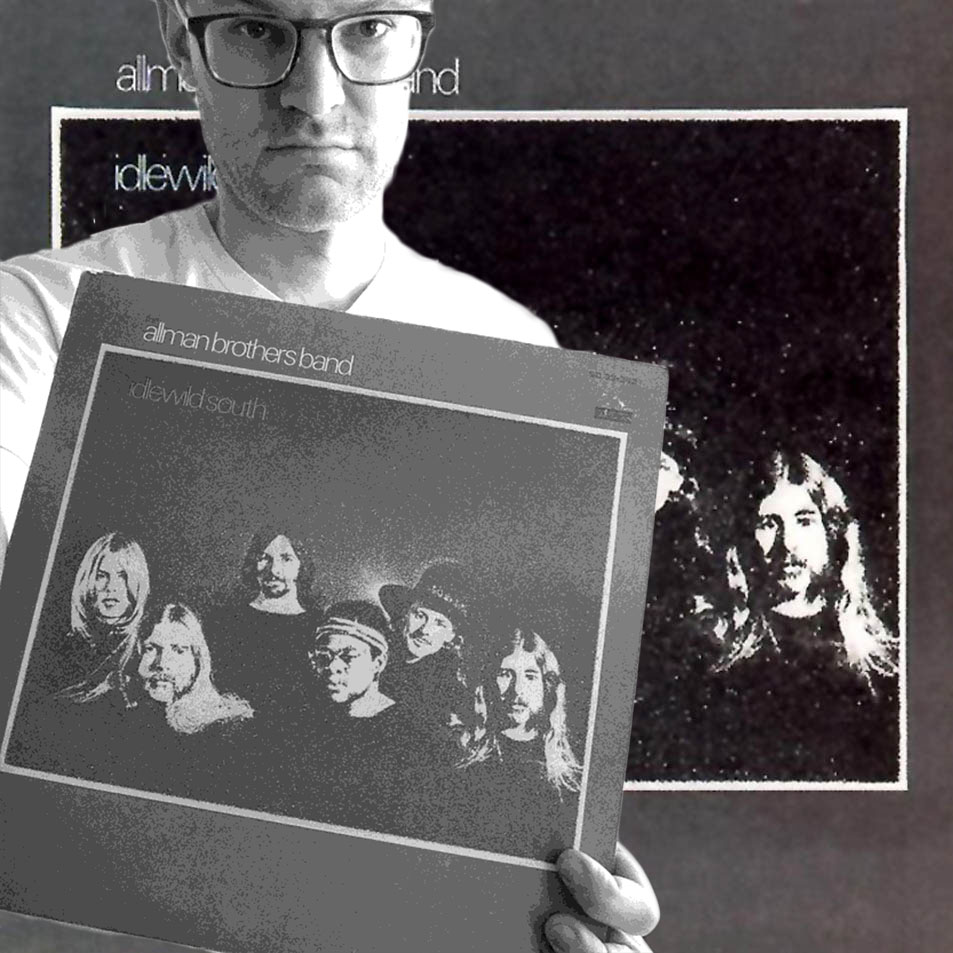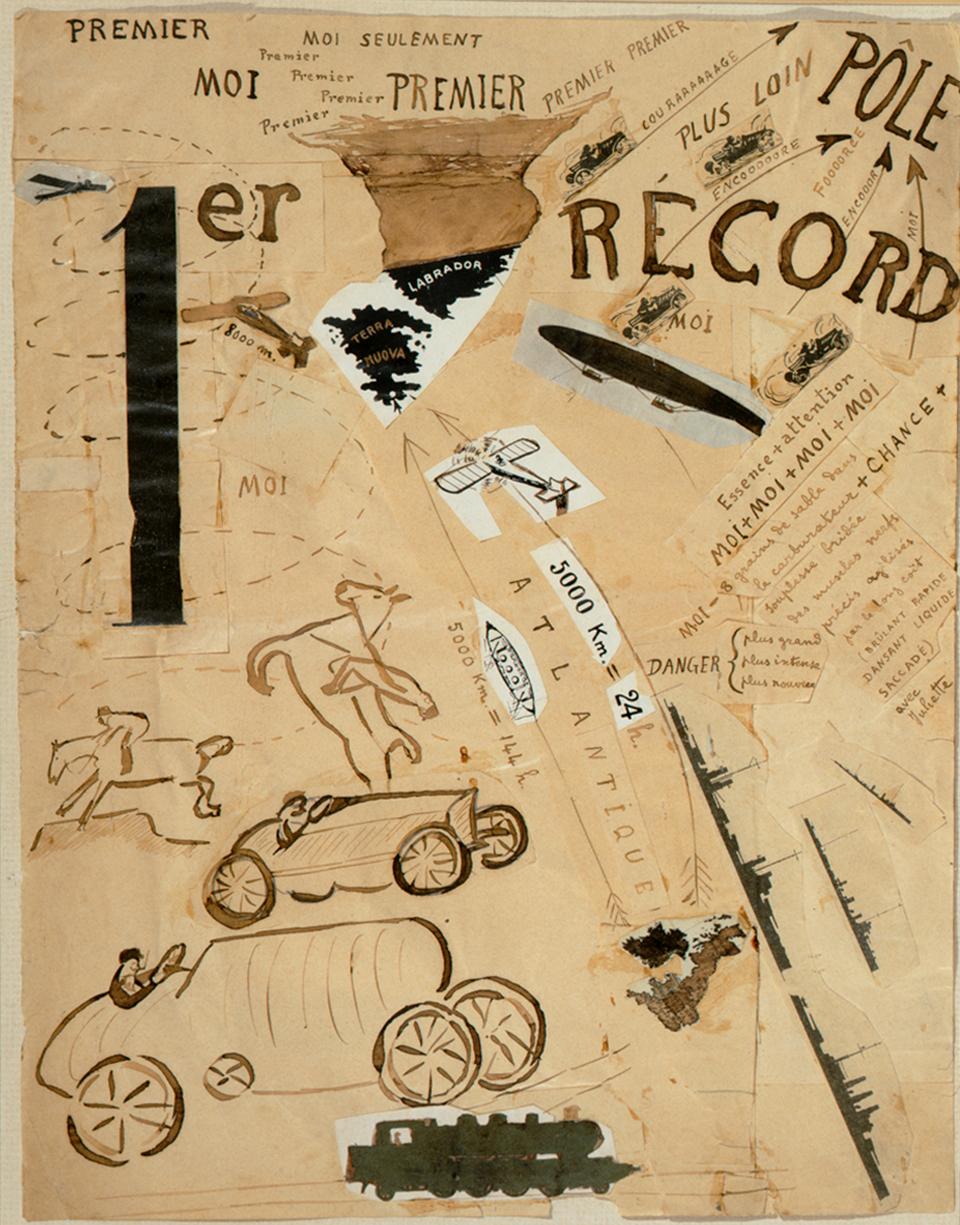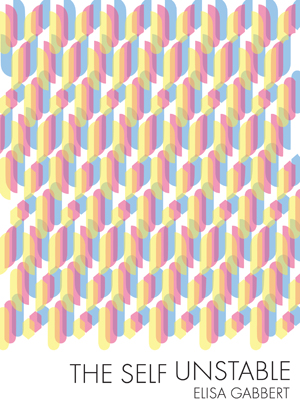Tim Burton's "Big Eyes"
Walter Keane didn't let lack of talent stop him from being an artist. That makes him perfect for the post-internet era of appropriation
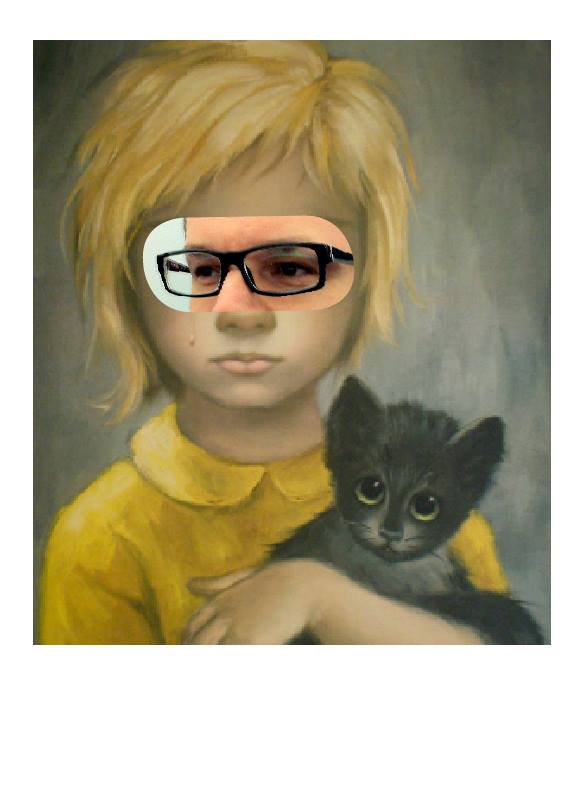
Tim Burton's Big Eyes makes a strong case that Walter Keane was a first-order marketing genius and his wife Margaret, whose paintings he appropriated and promoted as if they were his own, used his marketing talents up until the moment she could safely dispense with them. Given that Margaret Keane apparently cooperated with the making of Big Eyes (she painted Burton's then wife Lisa Marie in 2000, and I think she appears at the end of the film alongside Amy Adams, who plays her), this seems sort of surprising. On the surface, the movie tells the story of her artistic reputation being rightly restored, but that surface is easily punctured with a moment's consideration of the various counternarratives woven into the script. Then we are dealing with a film about a visionary who turned his wife's hackneyed outsider art into one… Read More...




